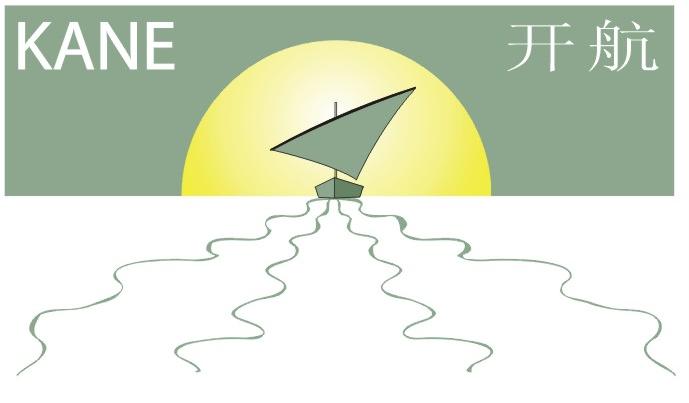Awesome piece from Zepplin Real Estate (26 Sep 2008 http://www.real-estate-tech.com/gb2312articles/hkej486_S.htm) on the return of REITs over the long term in which he argues that REIT returns may not be as stable as otherwise believed due to fluctuations in market rents, financing, and the 90% dividend rule. Before we get in to this, understand that REITs are very new in Asia and especially Hong Kong (just 3 years old), so much background information is needed to come on market to educate prospective investors...
In late 2005, Guangzhou's city government did a sort of "backdoor" listing of several high profile real estate investments on the Hang Seng in what has been recognized as China first unofficial REIT. The launch was both engendered by and consequently triggered huge debate about the future of this industry in China. 3 years later, we still do not have a REIT industry to speak of in China and there are many reasons for this. First of all, the whole securities market is teeming with neophytes and REITs are very complex financial instruments. The ability to master their intricacies takes years. Secondly, the real estate industry as a whole was getting far to out of hand when this REIT was listed, so the government's relevant bureaus had to take considerable action in other areas of the real estate world in China. Thirdly, at about this same time, another mounumental REIT was being listed in Hong Kong. The Link REIT, as it is known, came under immense pressure from holdouts who demanded higher compensation for the land they were giving up as well as where they were moving to. Some retailers (Link is a big retail REIT) held out for a very long time and received handsome buyouts. Finally, the REIT security model ties in deeply to the general reform of the Communist Party in recent years. Since 2001 (perhaps even as early as 1998), when it became clear that China was here to stay as a market-oriented capitalistic economy, the grandeur of communism's ideals began to fade among more liberal party members and even among some staunch advocates of Maoism. So, over the last three years, especially at the 2006, 2007, and 2008 Peoples' Congresses, we have seen this debate square off in the press and we can infer that there is a polarization of the issue at the highest levels. (Personally, I think it is great because you have a new country in which the old vanguard is disgusted at the new found wealth and glory of the entrepreneur class - has all the makings for a 2-party system, but alas, I digress). In the 2007 Property Law, things really changed for the first time as the government address the issue of lease renewals for factory owners, home owners, and commercail building owners. Now what we have is a situation where you can automotically renew your lease on buidlings you own. A small negotiation with the government and proof of ownership will show the way. Inheritance is also taken into consideration. Simple fundamentals to westerners, but for the world's largest communist country, this break down has taken an exceptionally long period of time because it places individuals that to this day believe in a panacea stemming from Communism versus extremely wealthy industrialists, cadres, and more.
Thursday, September 25, 2008
Subscribe to:
Comments (Atom)

